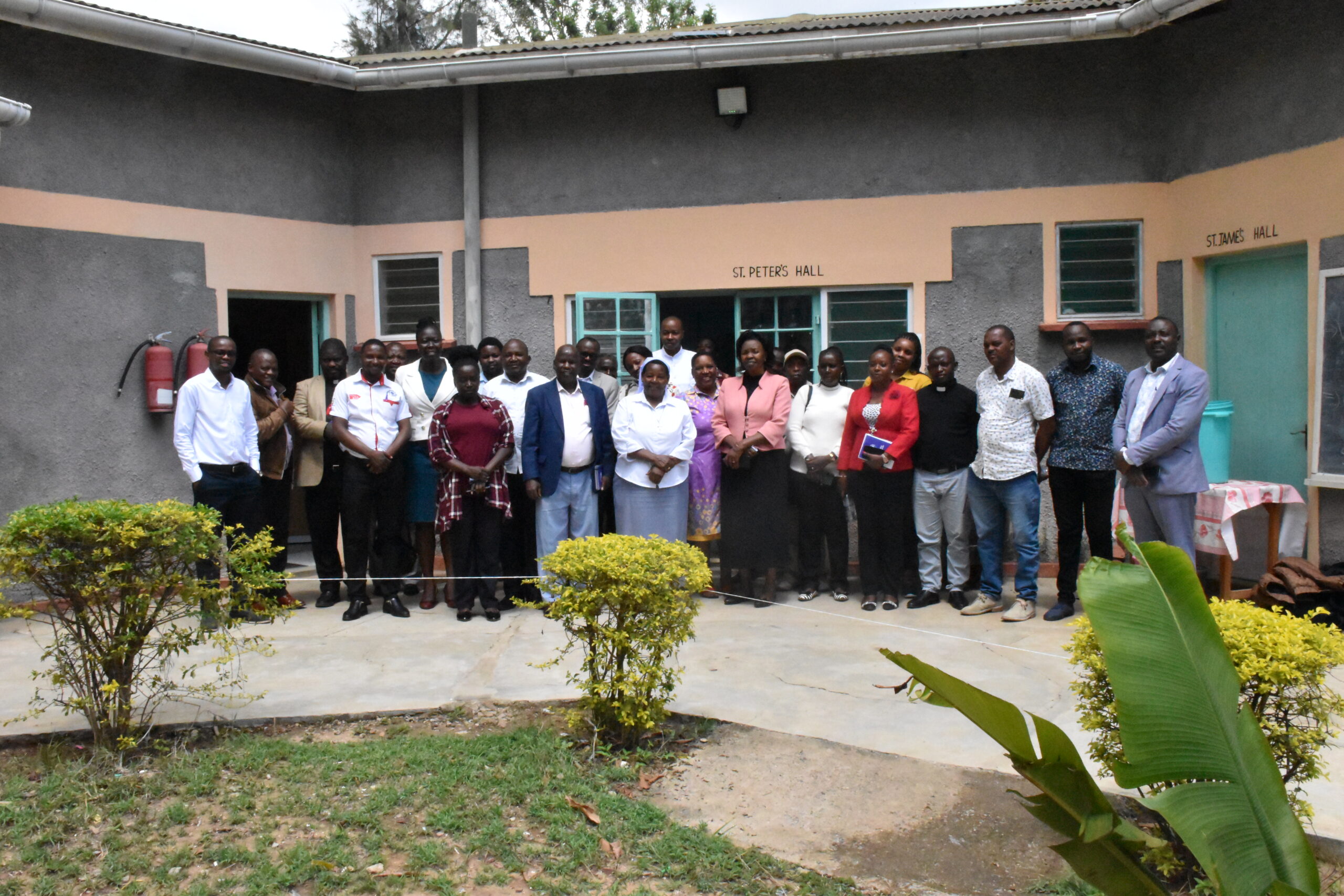By Mary Mwendwa and Sharon Kiburi
A recent African Investigative Journalist Conference in South Africa, brought together media experts, investigative journalists, academics among others. During this event fact-checking in doing stories was emphasized. AfricaCheck honored journalists who embraced fact-checking in their stories by awarding them. Oluwamayowa Tijani was the second runner up during the awards ceremony. Talk Africa writers interviewed him.
Where did the journey of being a journalist begin for you?
It all started at Nigeria’s premier university, the University of Ibadan. I joined the press in my first year and consistently rose to become the editor in chief of what is regarded as the press organ for the first student residence hall in West Africa. I wrote an article in my second year, which was published via Sahara Reporters, and it sparked a national debate in the country, about not having women on the naira notes. I almost got what I wanted, but what I got was enough to tell me this was the way I wanted my life to go.
Where did you study journalism?
At the University, I studied Food Technology at the University of Ibadan but learned journalism by extracurricular experience. Upon graduation from UI, I started working as a full-time journalist without learning it academically. But in two years, I had a Postgraduate diploma in Print Journalism from the Nigerian Institute of Journalism, before a masters in Media Practice for Development and Social Change at the University of Sussex, UK.
What are your main areas of focus in journalism?
Business and finance reporting — I learned this from working at TheCable, Nigeria’s independent online newspaper, and from Bloomberg Media Initiative Africa (BMIA). I am also passionate about development reporting, and most recently, Fact-Checking.
What does fact-checking mean to you as a journalist, why is it vital?
I have done stories that have gotten me into trouble with ministers and presidents in Nigeria (past and present). At those times, I was always shielded by the facts. When all is against you, including your own fellow journalists, the facts always save you. But if your story is not factual, the people and the facts will be against you — that could end a journalist’s career. This is why checking the facts is important as a genre of journalism. Facts are sacred.
Tell us about your story that was nominated on facts checking and why it was essential for it to be told.
A minister, who happens to be a medical doctor said on international TV that “Nigeria has more than enough doctors” to meet her needs, hence the need to “export” doctors to other parts of the world. Nigerians knew his claims were wrong, based on their realities, but they didn’t have the facts to prove it. So I sought the facts.
My story was essential in that it had three major impacts on the public debate:
It corrected the existing belief that the World Health Organisation (WHO) standard for doctor-per-population was 1:600. A simple google search would show how this claim had been used time and again, to measure sufficiency in the health sector. Professionals have quoted the same in popular interviews. This has been straightened out by my report.
My report also found that Nigeria lost 1,039 trained medical doctors to the UK in just one year, highlighting the exodus of Nigerian health professionals and a continuous reduction in the already insufficient number of doctors in the country.
The report amplified the voices of Nigerians who had doubts about the minister’s claim, who could now prove their doubts with facts and figures. The minister eventually had to recant.
How did it feel to be second runners up in Africa – Check Awards?
$1,000 gives you a good feeling, a well-done plaque makes you feel even better, but the most important feeling for me was the acknowledgment of my work and that of the team at AFP Fact Check. The feeling that many more Nigerian and African journalists will focus more on fact-checking as a result of this growing appreciation of fact-checking on the continent. Nothing beats that feeling.
What are your career future aspirations?
I’m a very ambitious person, the future looks too immediate to me. One month in a new job, I am thinking of the next challenge. The best way to define my future aspiration is to say, I am always looking forward to the best place or position to scale up on my impact on society. Till I become president, I don’t think I can stop moving.
What do you consider as impactful stories?
The stories that make a difference in at least one person’s life is an impactful story. Has your story got someone a job? Reunited families? Fired a corrupt politician? Gotten surgery for a dying child? Saved lives? Sparked national debates? Inspired a new generation of journalists? I am fortunate that my stories have done all of these but one. That’s how I measure impact.
Any advice to students/ aspiring journalists?
Abort Mission! I repeat, abort the mission. I really would not advise anyone to become a journalist; especially if they are looking for money or are just passionate about the profession. The richest people in the world are not journalists, do not come here for the money. There will be money eventually, but don’t come for money. Secondly, passion is not enough. Do not come in because you are passionate about it when the heat comes, it will dry out your passion. You need more. Those who will become lifelong journalists often know within themselves. So, if you are reading this, and you feel like you are not discouraged by my statements, then you should press on, you are about to become one of the finest journalists in your country. I wish you the best.













